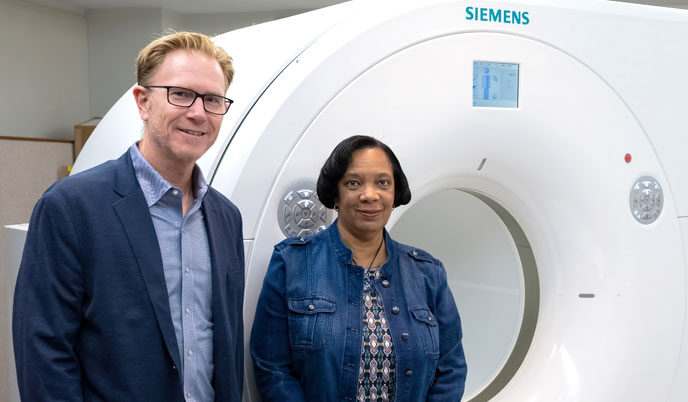
Brain scans begin for nationwide Alzheimer’s disease study
Research participants have begun volunteering for brain scans at the University of Wisconsin School of Medicine and Public Health in Madison for a national study on Alzheimer’s disease and related dementias.
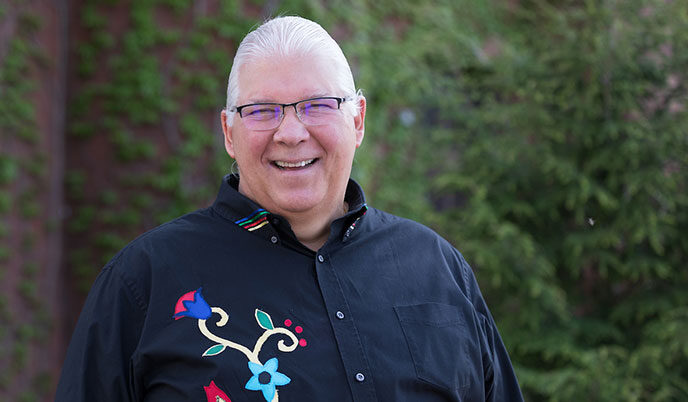
Bret Benally Thompson named Physician of the Year
Dr. Bret Benally Thompson was working as a police officer in Texas when he had a “waking vision,” as he describes it, that directed him to pursue his dream of becoming a doctor.
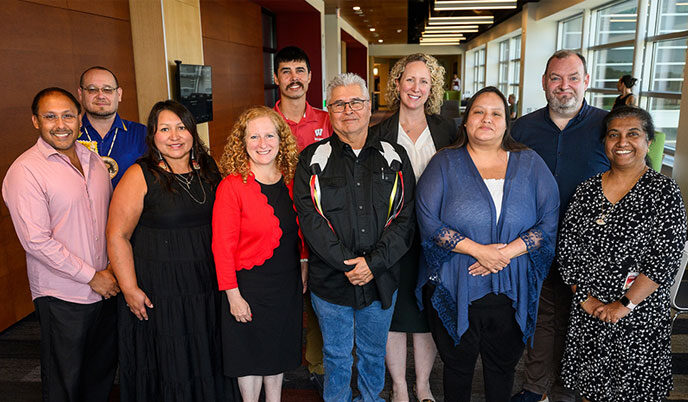
Trust is key to collaborating with Native community
From their home near the forested lakes of Mole Lake, Wisconsin, the Tribal Council of the Sokaogon Chippewa Community (SCC) traveled to the University of Wisconsin–Madison, where they were welcomed by health sciences and biomedical researchers and staff.
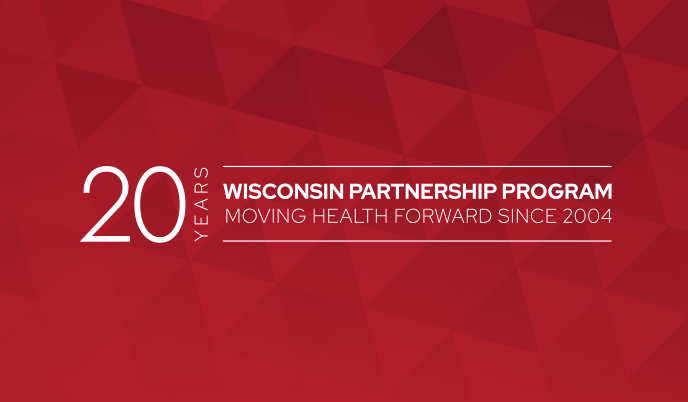
Grants power two decades of statewide impact
The university’s medical school would not be the UW School of Medicine and Public Health without the Wisconsin Partnership Program (WPP), celebrating its 20th anniversary this year.

RISE-THRIVE initiative focuses on immunology and healthspan
The UW School of Medicine and Public Health will play a significant role in the newest area of focus for the Wisconsin Research, Innovation and Scholarly Excellence (RISE) initiative: RISE-THRIVE, aimed at advancing health and improving lives.
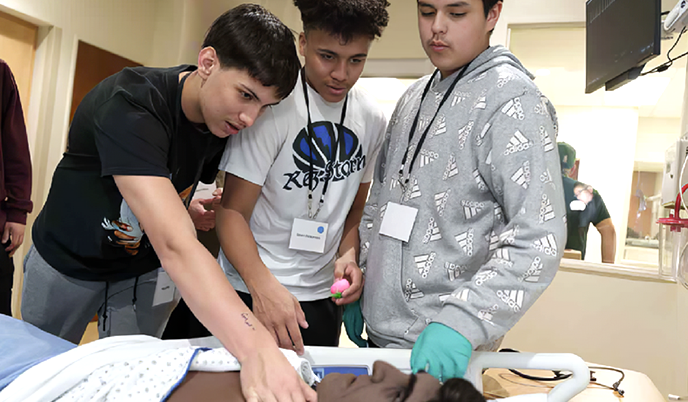
Showcasing health careers for Native students
For the 20th anniversary of Indigenous Health and Wellness Day, organizers knew the keynote speaker had to be someone special. They wanted to draw as many middle and high school students as possible to UW–Madison on April 26 for this long-running recruitment event, and they were looking for a person students could relate to, with a compelling story to tell.
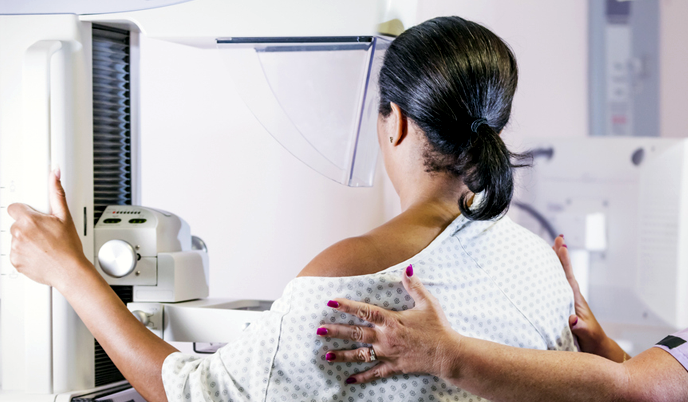
New study supports recommendation to begin mammogram screening at 40
Breast cancer screening every two years beginning at age 40 has the potential to reduce the number of women who die of breast cancer while minimizing the harms, according to a large study published today.

Civic infrastructure tied to better health
New data show counties in the United States that make it easier for residents to participate in civic activities and provide ample information sources – such as broadband or public libraries – are often healthier.
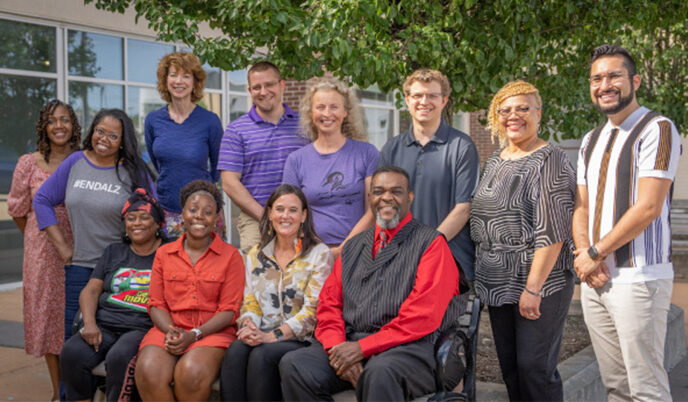
Researchers pursue easier, earlier detection of Alzheimer’s disease in Black adults
A blood biomarker and a method of testing cognitive processes such as memory and thinking could hold promise for identifying middle-aged Black people who are at risk for later developing Alzheimer’s disease, according to a new study from the University of Wisconsin School of Medicine and Public Health.

UW study links past military service to Alzheimer’s disease
The brains of deceased military veterans had higher levels of two abnormal proteins considered hallmarks of Alzheimer’s disease, suggesting that military veterans face a greater risk for developing Alzheimer’s, according to a new study from the University of Wisconsin School of Medicine and Public Health.

UW awards funding to improve maternal, child health throughout Wisconsin
The University of Wisconsin School of Medicine and Public Health has awarded four grants to help health systems and community partners in the state improve the health outcomes of mothers and their infants during the prenatal and postpartum periods.

New rankings show healthiest and least healthy counties in Wisconsin
Ozaukee County ranks the healthiest in Wisconsin and Menominee is the least healthy county in the state, according to new County Health Rankings & Roadmaps data from the University of Wisconsin Population Health Institute.